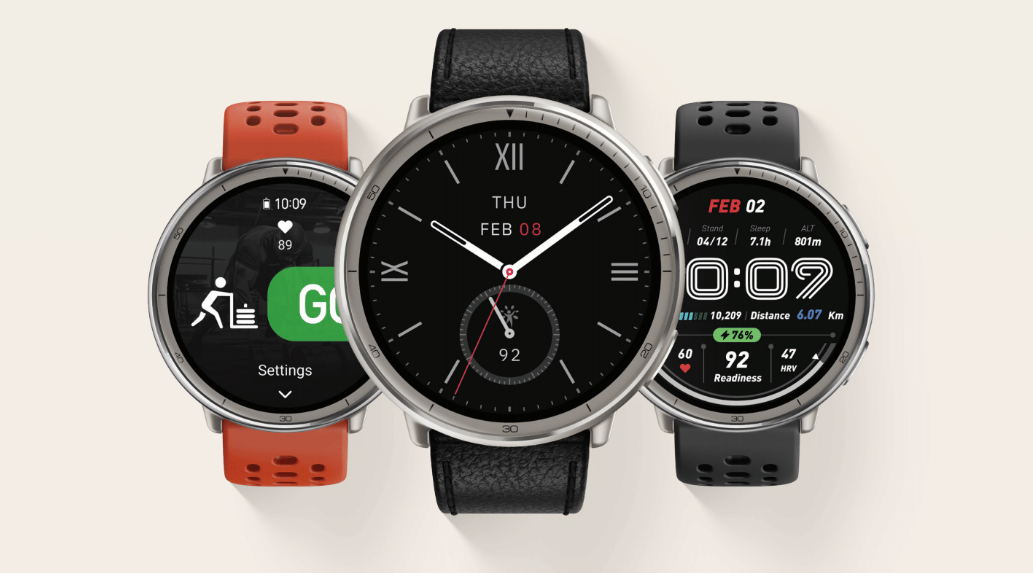6 red flags to look out for when hiring a personal trainer, according to fitness professionals
- Business Insider asked experts what red flags to look out for when hiring a personal trainer.
- A good trainer shouldn’t force you to push through pain or attempt to diagnose it.
- Avoid choosing a professional that lacks empathy or has an ego-driven approach to training.
Hiring a personal trainer can be a transformative step toward achieving your fitness goals, but it’s crucial to choose the right professional for your needs.
Although many trainers are dedicated and knowledgeable, some may not be the best fit or, even worse, hinder your progress. Recognizing red flags early in the hiring process can save you time, money, and frustration.
That’s why Business Insider asked Dr. Susie Spirlock, a doctor of physical therapy and strength-training coach at Move Your Bones, and Ashley Hiben, a certified personal trainer at Future, what red flags to look for when hiring a personal trainer.
Here’s what they said.
A trainer should have practical experience in the field
Rowan Jordan/Getty Images
Practical experience provides personal trainers with invaluable opportunities to build relationships, hone communication skills, and translate technical expertise into accessible guidance, Hiben told BI.
“Time in the field sharpens a trainer’s ability to read body language, adapt communication styles, and generate energy and engagement in various environments,” she said. “Trainers who gain hands-on experience, whether at a small personal-training gym or in larger groups, learn critical skills beyond the textbook.”
Hiben added that some of these skills include reading body language, identifying proper alignment in individual movement patterns, and responding in real time to verbal and non-verbal feedback.
“A robust field experience cultivates the balance between technical knowledge and the ability to connect effectively with clients,” she said.
“No pain, no gain” isn’t a mantra any trainer should have
It’s best to avoid working with someone who encourages you to push through pain while exercising, Spirlock advised.
“Pain is essentially a smoke alarm in your body being set off because there is something going on that may not be right,” she told BI.
Although pain doesn’t automatically mean there’s damage occurring, it does mean that the trainer may need to reassess the exercises and make them more comfortable for you.
“If trainers continually ignore these signals or tell clients to push through them, they may contribute to a longer-lasting issue over time,” Spirlock added.
Beware of instructors who lack communication and relationship-building skills
The Good Brigade/Getty Images
“In the fitness industry, trainers must excel at reading clients’ needs, offering constructive feedback, and even giving a dose of tough love when needed,” Hiben said. “It’s not enough to deliver knowledge alone.”
Hiben told BI that the most successful trainers are adaptable communicators capable of engaging each client based on their unique personality, fitness level, and goals.
Before committing to a trainer, she recommended first requesting a consultation or assessment.
“This session allows you to gauge whether the trainer’s communication style aligns with your needs and whether they will push you in a way that feels supportive rather than confusing or intimidating,” Hiben said.
Trainers shouldn’t try to diagnose or treat pain
Spirlock told BI that diagnosing and treating pain doesn’t fall under a personal trainer’s scope of practice.
“This should be left to the rehab professionals like physical therapists, chiropractors, and athletic trainers,” she told BI.
If you have pain that’s not improving after a few sessions with modifications, Spirlock said it’s the trainer’s responsibility to refer you to the appropriate provider.
She told BI that a highly qualified personal trainer will already have rehab professionals within their network, so they can work together to help you alleviate pain and meet your fitness goals.
Make sure your instructor can explain why they chose a certain exercise
LightField Studios/Shutterstock
The point of hiring a personal trainer is to get customized workouts that fit your long-term health goals. Therefore, every movement should have a purpose behind it.
“In the world of fitness, there should always be a reason as to why we choose exercises for a client,” Spirlock said.
If a trainer can’t explain to you the intent of an exercise, then they may not be considering your goals or have enough experience with designing personalized workouts.
A lack of empathy or an ego-driven approach are immediate red flags
TORWAISTUDIO/Shutterstock
“Empathy is non-negotiable,” Hiben said. “Trainers who can’t sense when to support a client during tough times risk losing the trust that underpins successful coaching.”
Stress, for example, impacts the body’s ability to function optimally. When trainers recognize signs of stress, they should adjust their workout plans accordingly and offer encouragement instead of push clients beyond their current capacity.
Similarly, a rigid, ego-driven approach can stifle both individual and team growth.
“Trainers with an inflated sense of expertise are often resistant to feedback, limiting their own development and potentially disrupting team dynamics,” Hiben said. “Given that exercise science evolves, humility and openness are invaluable traits in a trainer.”
Instead, Hiben said to look for trainers who are experienced, open to feedback, and empathetic.
Related
Why are Premier League footballers hiring private fitness coaches –…
It’s July 2023 and Instagram is preoccupied with images of a topless Jordan Henderson hitting a punchbag. Muscles bulging and soaked in sweat, his face is etc
Health News Live January 7, 2025 : Jennifer Aniston’s fitness…
Health News Live: Get real-time updates on health from celebrity fitness secrets and weight loss breakthroughs to nutrition advice, get your dose of wellness in
Jennifer Aniston’s fitness secrets for toned body at 55 revealed;…
Jan 07, 2025 08:49 AM IST Jennifer Aniston is timeless. The Hollywood actor continues to stun with her ageless beauty. Here are her diet and health
Amazfit Active 2 is a super-cheap AI fitness watch that…
Amazfit Active 2 unveiled at CES 2025The smartwatch boasts an AI voice assistant and offline mapsIt's super-cheap too, coming in at under $100 in the USAmazfit










